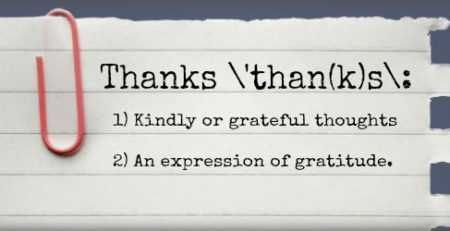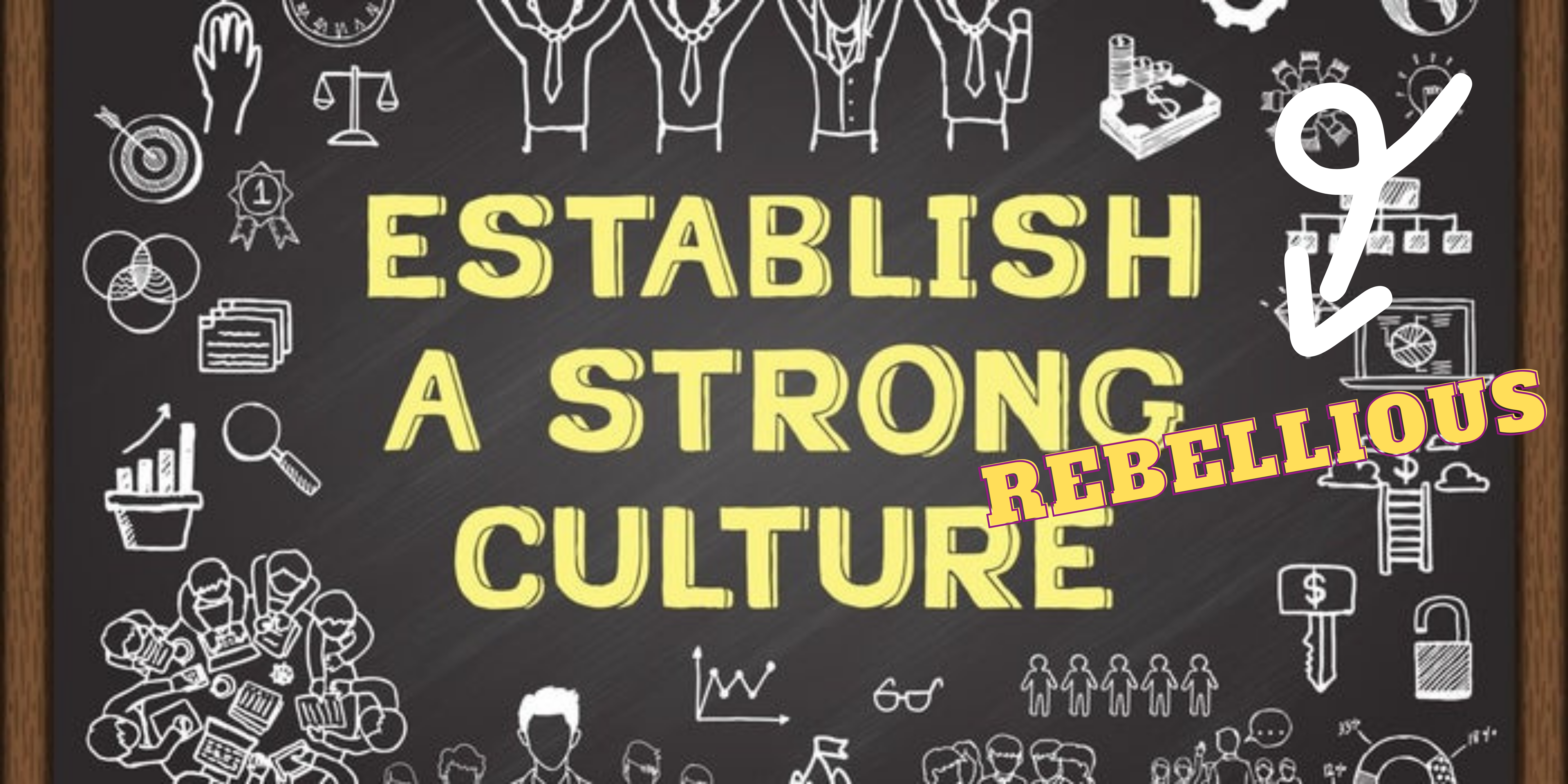Dealing with Difficult People
Dealing with Difficult People
Have you noticed that you sometimes come up against people who are difficult to get along with and drain your energy in different ways?
Dealing with difficult people is a challenge – I break them down into 4 categories:
- The Aggressor – the one who shouts people down, blows up in the face of adversity and who intimidates to get attention / what they want
- The Interrogator – with this person, nothing you ever say is right. Their worst trait is to ask questions and then criticise your answer. They usually get their own way because there’s no point in arguing with them.
- The Aloof – this person is the one who goes quiet for attention. You ask them questions and they give vague answers forcing you to ask them more questions. The more questions you ask, the more aloof they become. This is the person who when you ask them what’s wrong will reply with the likes of “well if you don’t know what’s wrong, I’m not going to tell you”.
- The Victim / Poor Me – nothing is ever right with this person. They are the hard done by victim who everyone needs to feel sorry for. For example, they’ll tell you stories of how bad their weekend was to get your sympathy. Nothing ever goes right for this type of person. It’s their default mode of operation – this is not just someone who’s had a one-off bad day!
Each person will run these ‘dramas’ in different ways and at different times but the outcome is that they leave you feeling shit and very often you will find it difficult to work with them or move past an issue with them.
There are ways to disarm these difficult people however!
Firstly identify which drama(s) they are using and do not enter into the game with them. So for Aggressors you can walk away, with Interrogators politely decline to answer their questions, with Aloof leave them to it and don’t keep asking them questions (they’ll have to step out of their drama that way). With the Victims, don’t feed their bid for sympathy.
Secondly, if you want to deal more directly with these dramas the best way is to call them out on it in a polite and respectful way.
Dealing with an Aggressor is a special case because of the obvious danger. In most cases removing yourself from their presence is the best course of action.
Handling an Interrogator can be as simple as asking “why are you asking me all these questions?” “what are you trying to achieve?”. Avoid getting defensive yourself. If they continue to ask questions and criticise your answers, you can simply disarm them by thanking them for their opinion / experience.
The Aloof is an interesting one to manage, the best method I’ve found is by saying something along the lines of “I wanted your opinion on X, why are you being so distant”? Or again, using the question “what are you trying to achieve?” is a good one. The outcome will be that the aloof will run and sever all communication which is always a risk and ultimately they continue to play the game but not with you – all you can hope for is that being direct brings some self-awareness and breaks the pattern. Or they may remain in communication but deny being aloof. In this case, aim to continue a dialogue and hope a new pattern of behaviour is established.
Finally, Poor Me / Victim can be managed by saying something like “you know that by telling me this, I feel as though you think I should feel guilty”. This may snap them out of the drama, or it may trigger them to play the victim again saying something like “I knew you never liked me” or similar! In this case I would appeal to the person to listen and continue the conversation and explain (without blame) how they make you feel.
The main thing when dealing with these people is not to enter into their drama or into your own. Remain steadfast (not aloof!) and know when to walk away from toxic people.
If these ‘toxic’ people are in your workforce, please get professional advice on how to manage them and/or remove them from the business with as least risk as possible.
I’m always happy to chat about managing difficult individuals – give me a call on 020 8798 3470.











